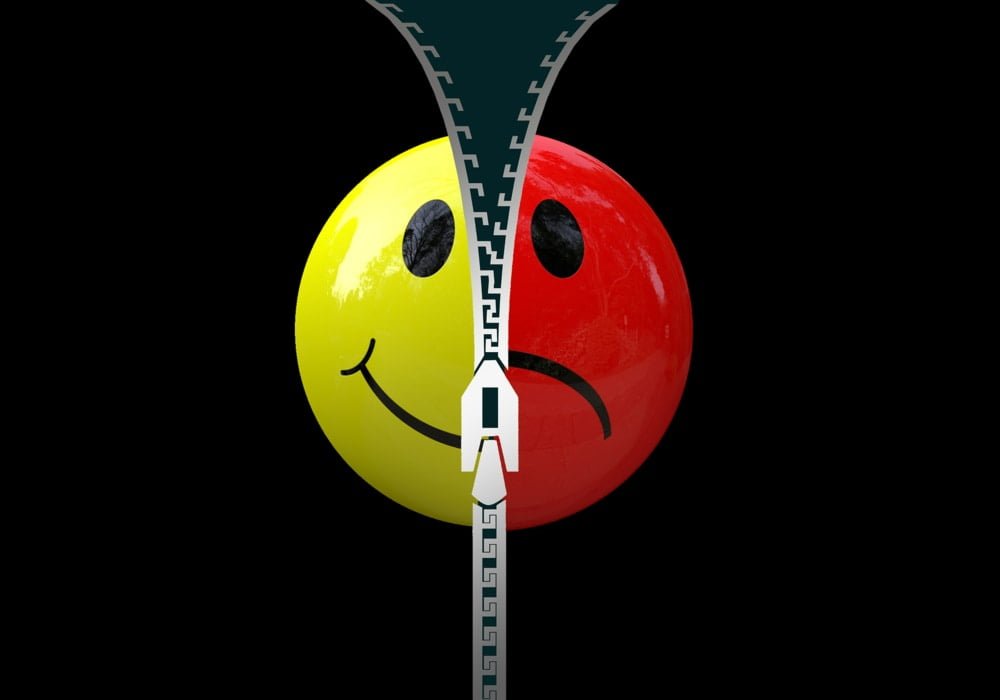Between utopia and dystopia: reading ideas to think about an ideal world (or not)
Is another world possible with utopia and dystopia? It is often when society is in the midst of disillusionment, in a situation of any kind of crisis that we wonder about our future and try to think of a better world for tomorrow. Utopia and dystopia take into account what is called “a horizon of expectation”, depending on the era in which one is located, that is to say that each era thinks its ideal according to societal issues that concern us. Where utopias and dystopias meet to think of a better world, its hopes as well as its contradictions. To discover!
A dystopia is a story that is mostly set in the future and portrays a frightening or undesirable social order. (from the Greek cacos, “ugly”, and topos, “place”).
Utopia is a representation of an ideal society, opposed to real imperfect societies. It literally translates as “no place”, coming from the Greek: οὐ (“not”) and τόπος (“place”).
What is the difference between utopia and dystopia?
An apocalypse, also called a dystopia, is a fictional tale depicting an imaginary society organized in such a way that it prevents its members from achieving happiness. A dystopia can also be considered as a utopia which turns into a nightmare and therefore leads to a dystopia.
“U” FROM Lost, “DYS” FROM FOUND: THE ETYMOLOGY OF DYSTOPIA
Alternatively, a dystopia is the neologism cacotopia (from the Greek cacos, “ugly”, and topos, “place”) was first used in 1818. The first recognized use of the term dystopia is attributed to John Stuart Mill, in an 1868 speech to the British Parliament.
The word “dystopia” comes from the English dystopia, which was formed by the association of the prefix dys-, borrowed from the Greek δυσ– (negation, malformation, bad), and the stem of Greek origin, τόπος (topos: ” place “). Etymologically, dystopia means “bad place”, “bad place”. Thus, dystopia is clearly opposed to utopia, which is a representation of an ideal and flawless reality.
Read also: Erotomania mental illness is the delusional certainty of being loved (one sided love)
DYSTOPIA: THE SIMPLE OPPOSITE OF UTOPIA?
Yes and no. A Dystopia is a fictional tale depicting an imaginary society organized around totalitarian power. It is impossible to escape his authority and his grip. Rulers wield limitless power over citizens. Happiness is unattainable there.
In dystopia, the utopian project has come true: the right laws are enforced and everyone is therefore supposed to be happy. But this is not the case. Utopia, a descriptive and philosophical narrative, adopts the point of view of the rulers. The dystopian story, dramatic and romantic, highlights an isolated individual who will find himself in a state of dissent. He is the grain of sand in mechanics. The author takes his point of view and recounts his struggle in the face of this relentless system.
In this case, we can therefore consider dystopia as a utopia that turns into a nightmare. The result leads to a dystopia [. The work then reveals the dangers of an ideology (or of a political practice / strategy / etc …) and the harmful consequences that its outcome would have in our contemporary society.
The dystopia genre is often linked to science fiction, but not always, as it is above all about anticipation.
The memory of dystopia
Utopia, counter-utopia and dystopia do indeed come under the same literary or philosophical genre, but their different finality legitimizes the presented score: utopia operates a global critique of society and proposes amendments; the counter-utopia shows the inadequacy of any project of a utopia to human nature; dystopia, finally, uses anticipation to warn the society of its time against its perversions, including the possibility of realizing old ideals of utopia.
A recent literary form, dystopia clearly demonstrates the nature and evolution of the concerns haunting Western culture since the end of the nineteenth century: the example of the privilege given to memory is proof of this. In many countries, the first wave of dystopias conceived the oblivion of cultural heritage as a major indicator of social and human decay: by losing its memory, humanity is lost; according to the second wave, the control of historical memory was the major tool of a totalitarian regime: without memory of the past, no revolt possible; for the third, the identity and integrity of the individual resides in his personal memory, a condition of self-awareness: to transform a man (as in Robo-Cop or Minority Report) it is enough to manipulate his memories. Endowed with a primarily social and political role, memory ends up playing that of the soul, thus testifying to a growing disarray: the West sorely lacks a definition of man now that neurosciences have ruined human ontological privilege. Whether dystopias are expressed in great popular works or in more confidential texts, they offer the sociologist a particularly rich field in which to grasp the torments of his time and place them in their genesis.
Sources: PinterPandai, Merriam Webster, Scientific American, University of New South Wales
Photo credit: Max Pixel

